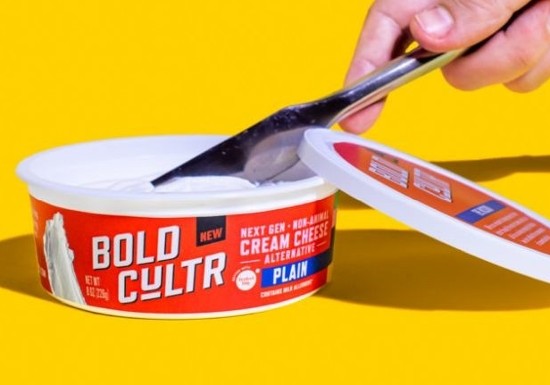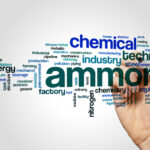What do vegans do when confronted with the latest headline from General Mills? Bold Cultr Foods, a General Mills company has introduced animal-free, lactose-free “cream cheese” that it claims has the same taste and texture as the cream cheese I put on my bagel this morning with a piece of smoked salmon. Describing its new product as “a bold union of groundbreaking science and cheesemaking art,” it is structurally equivalent to cream cheese made from cow’s milk.
What the food scientists at Bold Cultr have done is borrow the genetic code of a protein found in cows that makes it possible to produce what the animal does without it. By introducing the protein which is genetically constructed and not coming from the animal, into biologically neutral microflora which then adopts it, the process begins. Fermentation and ageing follow leading to the ability to create both cream and hard cheeses minus the cow.
For vegans, the question of this new product being defined as animal-free is a dilemma. Can a product based on a protein produced outside an animal but one that synthesizes it outside the animal be considered animal-free?
Are vegans opposed to biological techniques that use DNA sequences like computer codes to instruct plants, fungi and yeast to produce animal-protein equivalents?
For the anti-GMO advocates, there is no argument here that the proteins being produced contain no modified genetic material with one exception. The protein is engineered by using an artificially created strain of filamentous fungus.
For animal rights advocates, creating cheese and other “dairy” products without cows is seen as a progressive step by the agricultural industry that now can produce the nutritional equivalents of real dairy to consumers.
And for those who look at animal agriculture’s contribution to greenhouse gas (GHG) emissions, developing cheeses without cows means less methane entering the atmosphere.
Perfect Day, another pioneering company producing animal-free “dairy,” in a recent third-party assessment of the process it uses to make cheese, noted a reduction of between 85 and 97% in GHGs than products produced by the dairy industry.
I think back to when I tasted my first meatless hamburger. I was ten years old. That’s 1959. It is hard to remember my reaction, but I can assume since I never went out of my way to try eating one again, that the experience was not up to snuff. But two years ago when I ate my first Beyond Meat burger at a local A&W restaurant here in Toronto, I could hardly tell the difference between what I was tasting and a burger made from beef.
Now it appears that dairy equivalent non-animal products are about to compete for the palates of cheese lovers and those who don’t eat it because of where it comes from. My vegan friends of which I have a number may be tempted to try experiencing in the near future, a fresh-out-of-the-oven bagel with a dab of non-dairy Bold Cultr shmear (the Yiddish word for a glop of cream cheese). What’s next, salmon-free lox?
















